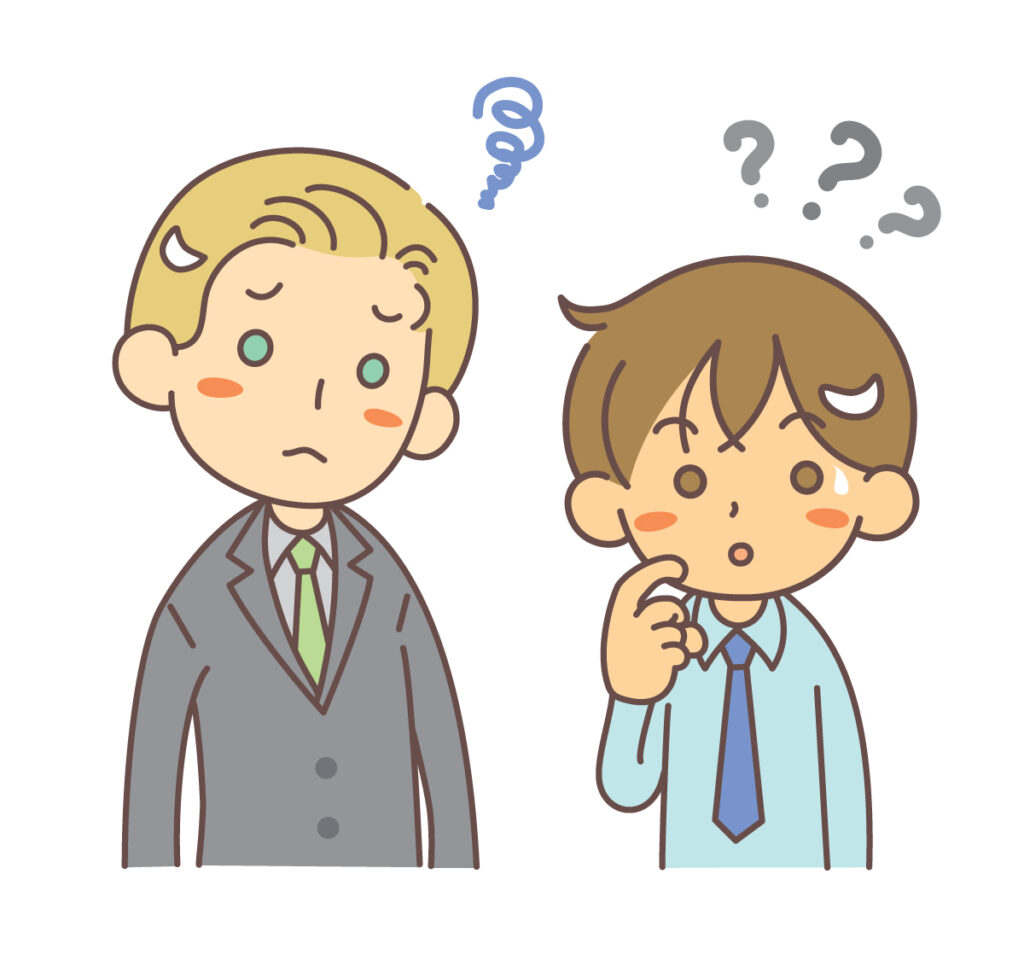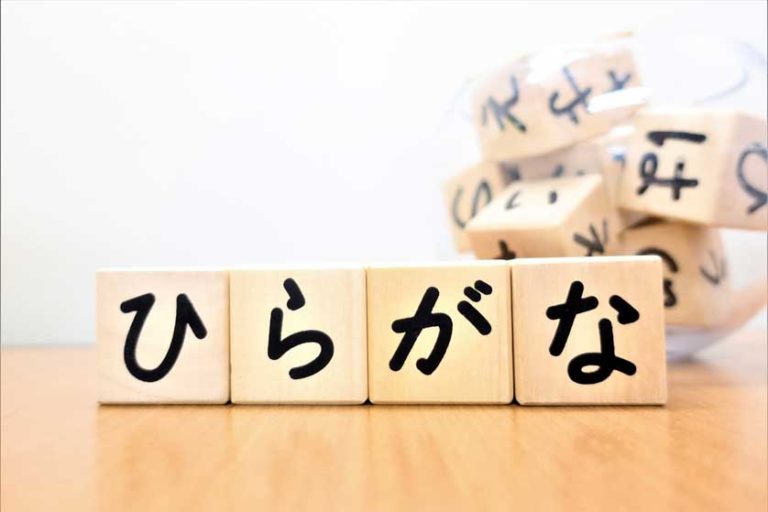In Japan, English education has been provided from junior high school for a long time.
English classes are organized on a daily basis, and students study listening and reading skills.
Despite this, most people in society do not speak English.
Recently, the number of people who can speak English has increased compared to a decade ago, but even so, there are probably more people who cannot speak English properly when asked for directions on the street.
Why in the world do Japanese people have such a hard time speaking English?
In this article, we would like to explain why so many Japanese cannot speak English.

If you are looking for face-to-face or online Japanese lessons with the best Japanese tutors, please check here.
Contents
- 1 Do most japanese speak english?
- 1.1 They study English for exams.
- 1.2 They mistakenly believe that they must use correct English.
- 1.3 Few opportunities to speak English spontaneously
- 1.4 Few teachers speak native English.
- 1.5 They perceive English as something they don’t need.
- 1.6 If you want to speak to a Japanese person, speak slowly and in short sentences.
- 2 Conclusion
Do most japanese speak english?
Now, let us actually list specific reasons for not being able to speak English.
They study English for exams.
The reason why Japanese people cannot speak English despite having been exposed to English continuously for 6 to 10 years as junior high school students, high school students, and university students is that they do not study English on the premise of speaking.
In recent years, they have started to focus on speaking, but until now, they studied English “to get a good score on an exam.
A lot of time is spent on “vocabulary” and “grammar.
These two are quite well understood and hence the exam scores are surprisingly high.
But they can’t actually speak the language.
Since there is overwhelmingly little “time to speak English,” they do not know how to use English.
If they can communicate as letters with correct grammar, they can give correct answers in a certain amount of time, but they have little practice in quickly catching up in daily conversation in English.

They mistakenly believe that they must use correct English.
You see a lot of “slang” used in actual English conversation.
There are so many casual phrases that most conversations can be held with just that.
However, Japanese people have a selfish assumption that if they don’t use English correctly, they won’t be understood. Most Japanese people, however, have a selfish belief that if they do not use English correctly, they will not be understood, and they feel embarrassed if they say something incorrectly in even one place, which prevents them from speaking English in a positive manner.
Even if there are some mistakes, if they speak with gestures, they can convey the general content of the conversation, but this is not possible, perhaps because of the national character of the Japanese people.
This is why people think, “If I want to have an English conversation, I need to acquire university-level English proficiency.
Few opportunities to speak English spontaneously
In English classes, there are not many opportunities to speak English.
In most cases, students speak only once, in a 30-second presentation, and that is it.
Recently, the number of high schools and universities that require students to speak English in class has been increasing, but they are still in the minority.
Even if students’ English proficiency was at the junior high school level, if they had the opportunity to speak English every day, their English conversation skills would improve dramatically, but so far no such reforms have been made.
Few teachers speak native English.
There are always English teachers in Japanese schools, but most of them speak only a few words of English.
Many of them speak only a few words of English, and their pronunciation is not even close to native level.
Because the teachers do not speak English well, they do not actively engage in conversation in class.
Many teachers explain everything in Japanese when explaining English in textbooks, and the reality is that students do not have many opportunities to come into contact with English even though they are studying English.
They perceive English as something they don’t need.
Do you need to be able to speak English to have a conversation right now?”
If asked this question, most Japanese would answer “NO.
Nowadays, there are such things as translation apps, and there are not many situations in which you need to communicate with foreign nationals in English conversation.
Of course, there are people who need a certain level of English proficiency for business, and there are people who have foreign friends and want to have English proficiency, but in percentage terms, it is not that high.
Yes, there are not that many people who study hard for something they don’t need.
They think, “It would be nice if I could speak English.
It would be cool to be able to speak English.
Although there is such a longing, many people do not speak English because they do not need it in their real lives.

If you want to speak to a Japanese person, speak slowly and in short sentences.
Japanese people do not speak English well enough to understand native English accurately.
Therefore, it is important to speak slowly and in short sentences.
If you say, “Excuse me sir. Do you speak English?
Instead, after calling out “Excuse me,” slowly say, “I want to go to ○○○○.” and then slowly say, “I want to go to .
This alone will make many people understand that “Oh, he wants to go to ○○○○.
Most Japanese people will answer with words such as “go straight,” “turn right (left),” “this street,” “xxx meter,” “train,” or “bus.
Even if you cannot ask for details the first time, you should be able to get closer to your destination, and if you repeat this several times, you should be able to reach your destination.
As I explained in the example of asking for directions, if you speak slowly and in short sentences when talking to a Japanese person, the chances of successful communication are surprisingly high.
Yes, as I mentioned at the beginning, many Japanese have been learning English since junior high school and can understand vocabulary and simple grammar.
By speaking slowly, they can understand 80% of what you say.
Conclusion
In this article, we have explained why many Japanese cannot speak English.
They study English for exams.
They mistakenly believe that they must use correct English.
There are few opportunities to speak English spontaneously.
Few teachers speak native English.
They perceive English as something they do not need.
For these reasons, there are many Japanese who do not speak English.
However, it is true that most Japanese have a basic level of English proficiency, so if you speak slowly and in short sentences, you can communicate with them surprisingly well.
When you visit Japan, why not try speaking slowly and using short phrases?
Related article:










